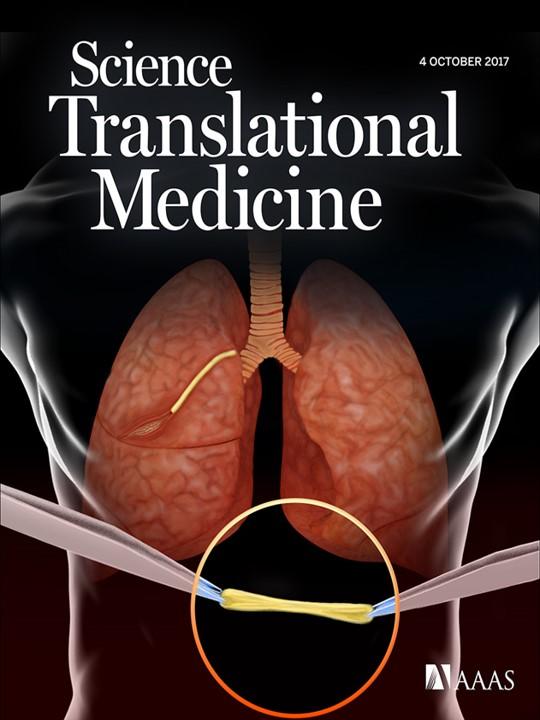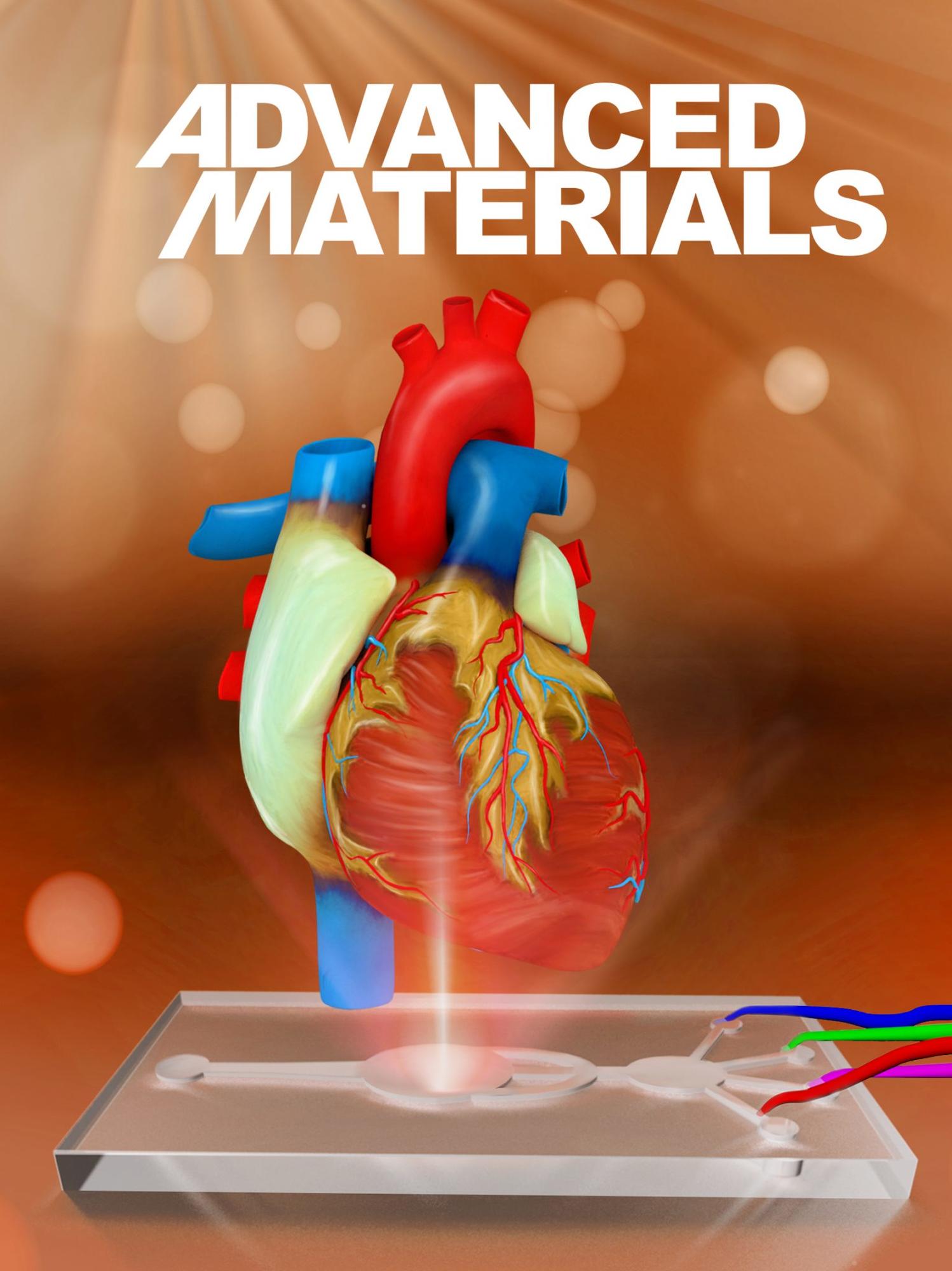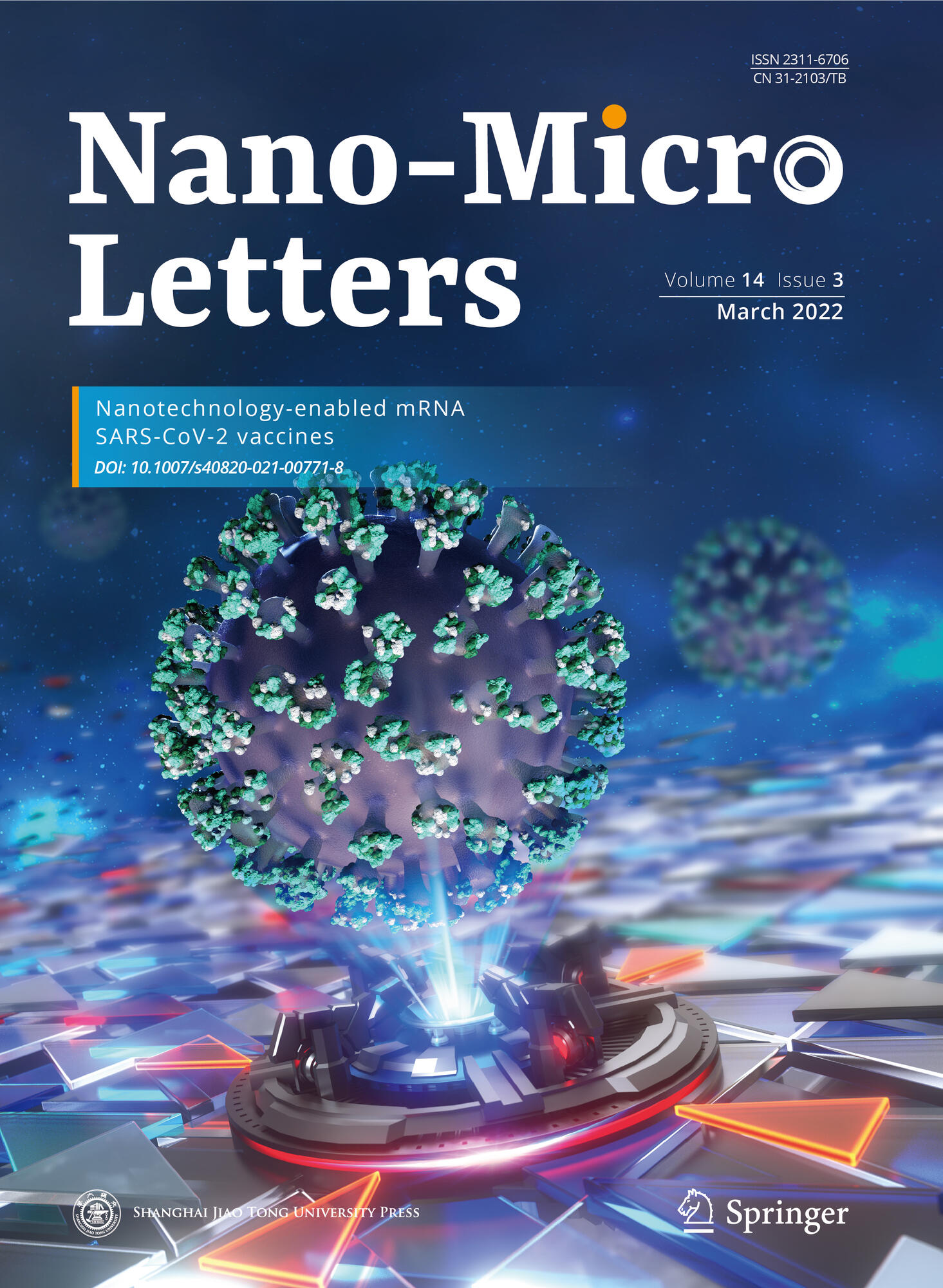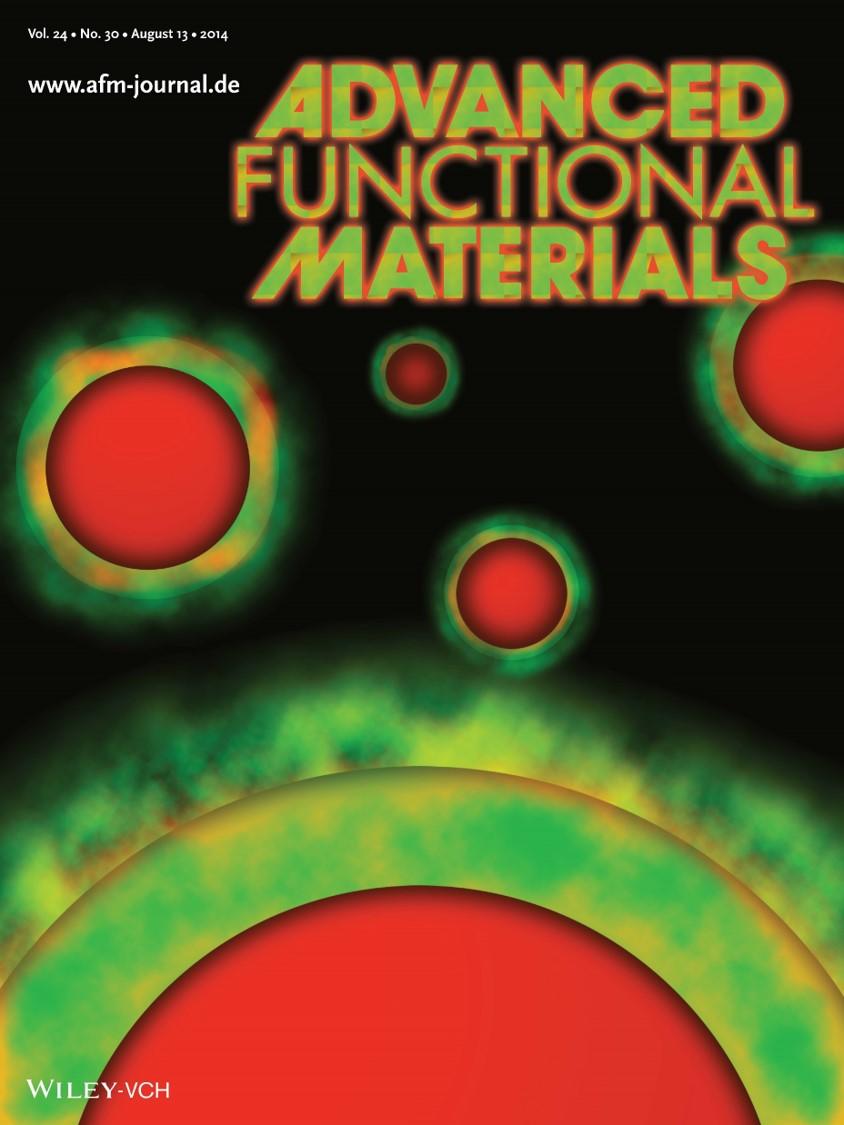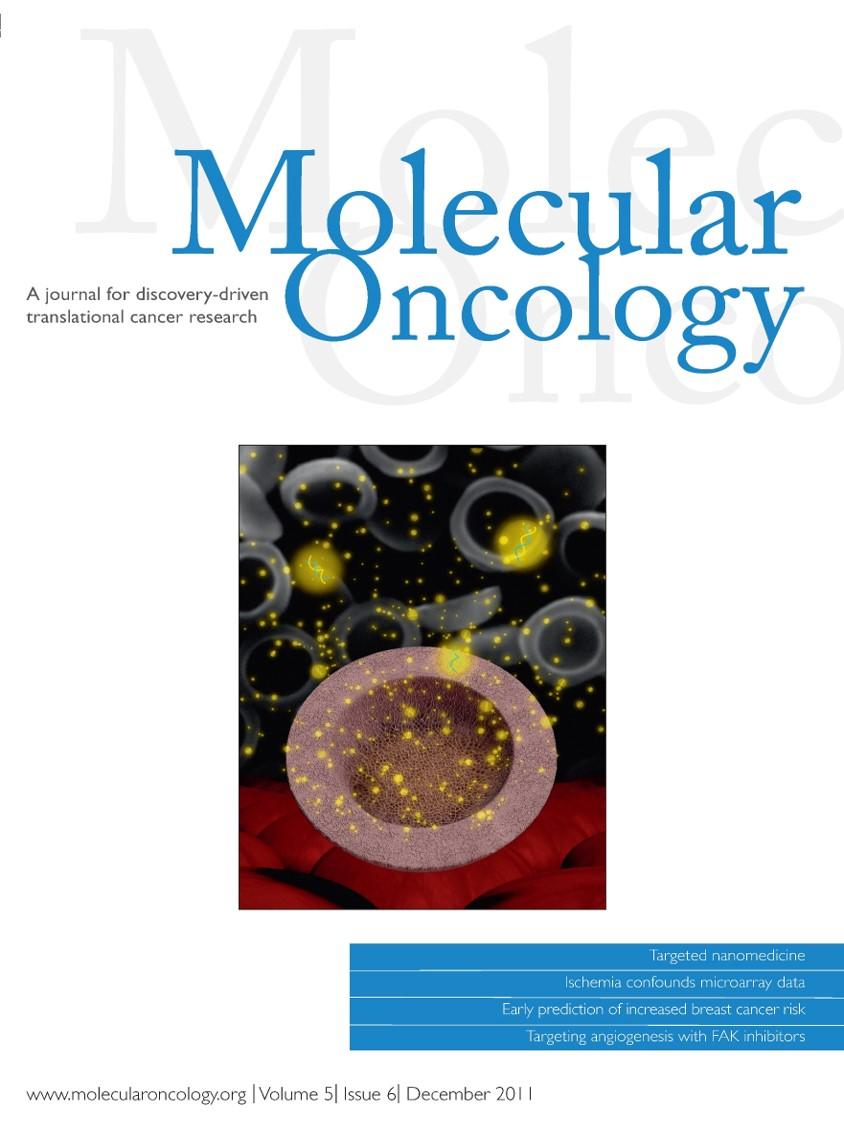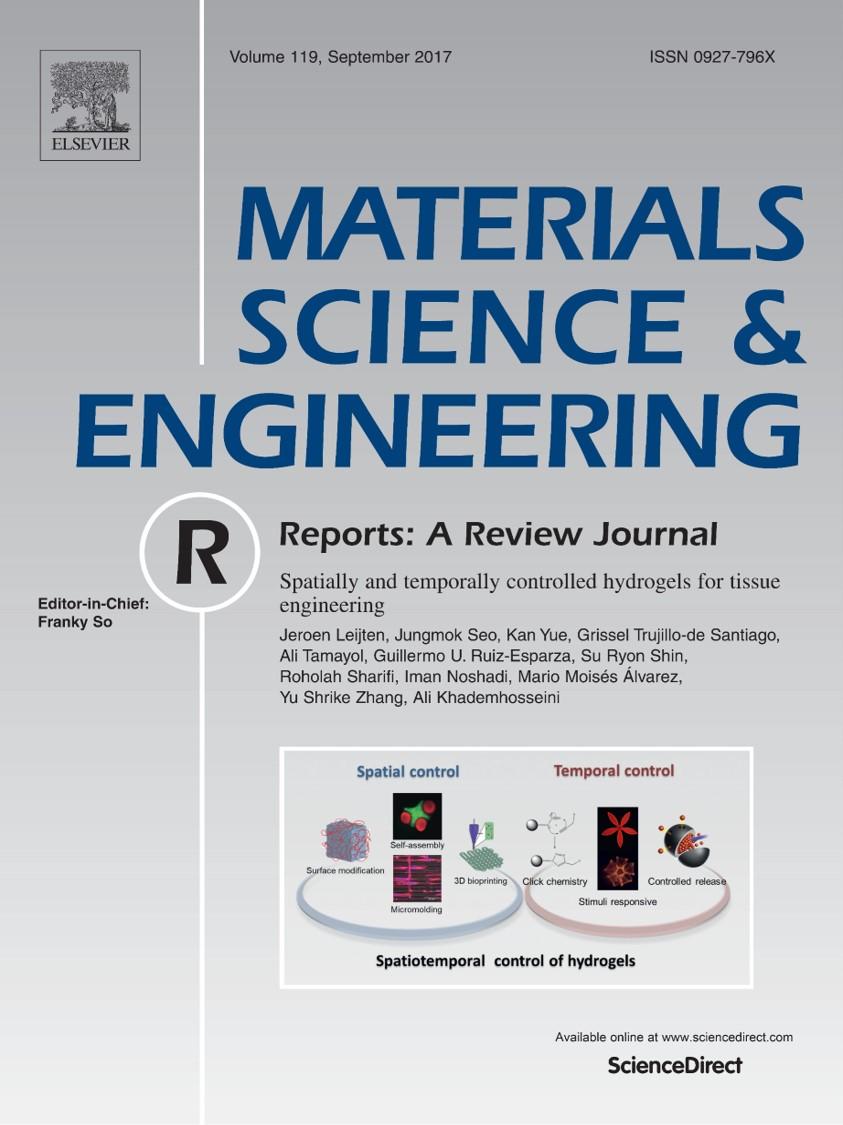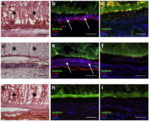
Abstract:
Approximately 114 million surgical and procedure-based wounds occur annually worldwide, including 36 million from surgeries in the US. Post-operative reconnection of tissues is crucial for restoring adequate function and structure. Sutures, wires, and staples are widely used for this purpose. Despite their common use in the clinic, these methods exhibit limitations when being applied to fragile and soft tissues, especially if the sealing is intended to prevent liquid or air leakage against high pressure, as e.g. in vascular and lung surgeries. Various types of surgical materials have been used for sealing, and reconnecting tissues, or attaching devices to tissues. However, these biomaterials often suffer from low adhesion strength, insufficient mechanical stability and strength, cytotoxic degradation products, and weak performance in biological environments. Therefore, in this study we aimed to engineer a photocrosslinked and highly elastic sealant with tunable mechanical and adhesion properties using tropoelastin, as a genetically modified human protein. We tuned the degree of methacrylation of tropoelastin and prepolymer concentration to optimize the physical properties and adhesion strength of the methacryloyl-substituted tropoelastin (MeTro) hydrogel for sealing of elastic and soft tissues. Following ASTM standard tests, the MeTro hydrogels revealed superior adhesive strength and burst pressure values compared to the commercially available sealants. The subcutaneous implantation of the engineered MeTro hydrogels in rats exhibited minimal inflammatory host responses and slow biodegradation of sealant. The in vivo and ex vivo burst pressure resistance of bioengineered MeTro sealants was tested on lungs and arteries in small as well as translational large animal models. Our results proved MeTro sealant to effectively seal lung and artery leakages without the need for sutures or staples, presenting a significant improvement compared to the commercially available clinical sealants and sutures only. Combining these results, we envision that the engineered MeTro sealant has the potential to be commercialized due to its remarkable mechanical strength, biocompatibility, biodegradability and strong adhesion to the tissues without the need for suturing.


